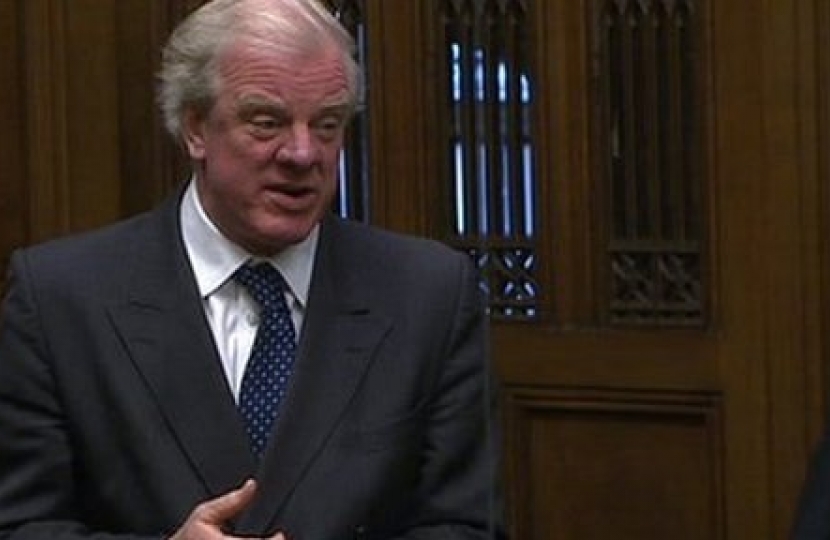
Two Lincolnshire MPs have challenged the Secretary of State for Health, about the disparity in NHS services between those who live in urban areas and those who live in rural communities.
Sir Edward Leigh, the Member of Parliament for the Gainsborough Constituency, said:
“In rural north Lincolnshire, people can wait more than three weeks to see a doctor and can wait two hours for an ambulance to come. Yes, people have waited two hours, lying in the street, in places such as Market Rasen, while they wait for an ambulance. That is not acceptable, and it can be even worse on occasions.
“This comes on top of long-term lack of investment, which means we lack a psychiatric unit at the Peter Hodgkinson centre in Lincoln.
“I wonder whether we now need to start an honest discussion with the people about how we are going to devote more resources to health in this country.”
Jeremy Hunt, the Secretary of State for Health, responded:
“I have some sympathy with what my hon. Friend has said about the broader issue of resourcing healthcare.
“If there are to be a million more over-65s in the next five years, we shall have to find a way to continue to invest more in our health and social care systems over the decades ahead.
“We are doing that this year in providing an extra £3.8 billion, and Governments will need to continue to do it in the coming decades.
“My hon. Friend has rightly highlighted a specific problem. I do not have a solution to it now, but I want him to know that I understand that, in rural areas, people can wait too long for ambulances. Our system of targets gives ambulance services an incentive to prioritise the calls to which they can respond quickly in nearby towns, but I shall look into the issue.”
Matt Warman, the Member of Parliament for the Boston & Skegness constituency, challenged the Secretary of State, saying:
“In sparsely populated rural Lincolnshire, vital reforms of health and social care risk being undermined by the performance of East Midlands ambulance service.
“Our police and crime commissioner says that his officers are routinely acting, in effect, as ambulance drivers. I know the Secretary of State understands the problems we face in rural Lincolnshire, but does he agree that, as currently constituted, East Midlands ambulance service is not serving the rural parts of its area as well as its staff want to and as well as my constituents need it to?”
Mr. Hunt replied:
“As we discussed earlier when my hon. Friend the Member for Gainsborough spoke, there are places where the service that the ambulance service provides to rural areas is not as good as it should be, sometimes because of the perverse incentives relating to how the targets work. I have been nervous about changing the targets, because that can sometimes be taken as a signal to relax and I am absolutely determined that we should meet the current targets, but I did make a commitment to him that I would look into this issue and I will do so.”

